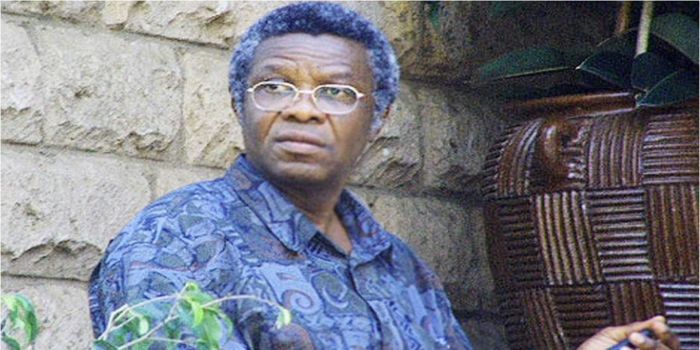The Anti-Corruption Court Judge Esther Maina on Thursday, April 27, barred Felicien Kabuga's family from accessing his multimillion villas in Kilimani.
In the ruling, Judge Maina affirmed orders issued by Justice Muga Apondi 15 years ago to freeze the assets claiming that the Villas were acquired through proceeds of crime.
Kabuga’s son Nshimyumuremyi Donatien, who lives in Belgium, appealed the earlier ruling requesting access to the rent from the property which the court estimated to fetch Ksh84,000 every month.
“I have considered the orders issued by Justice Muga Apondi on the two applications. The matter went on appeal and the ruling by the Judge on the preliminary objection was sustained.
“I have considered the two applications and I would agree with Justice Muga Apondi. I see no reason to set aside the ruling,” Justice Maina stated in the ruling.
Kabuga’s wife Josephine Mukazitoni had opposed the decision of the court to freeze the assets in Kenya arguing that the property was co-owned and she was entitled to it as well.
Her case, filed before the Anti-Corruption Court, argued that the government had no proof that the property was acquired through proceeds of crime.
At the time, her husband was a fugitive, a fact that Josephine stated did not have a correlation with the assets. She claimed that there was no proof that Kabuga used the rent collected from the house to evade arrest.
However, Josephine passed away in 2017 and her son took up the case.
In 2019, Donatien filed the succession case asking for the green light to manage the estate and become the administrator of the case.
He claimed that when his mother died, he got orders from Kenya’s family court to manage her estate.
However, the Director of Public Prosecution (DPP) argued at the time that there was no evidence to show that Mukazitoni and Kabuga were joint owners of the estate. By Joy Kwama, Kenyans.co.ke






